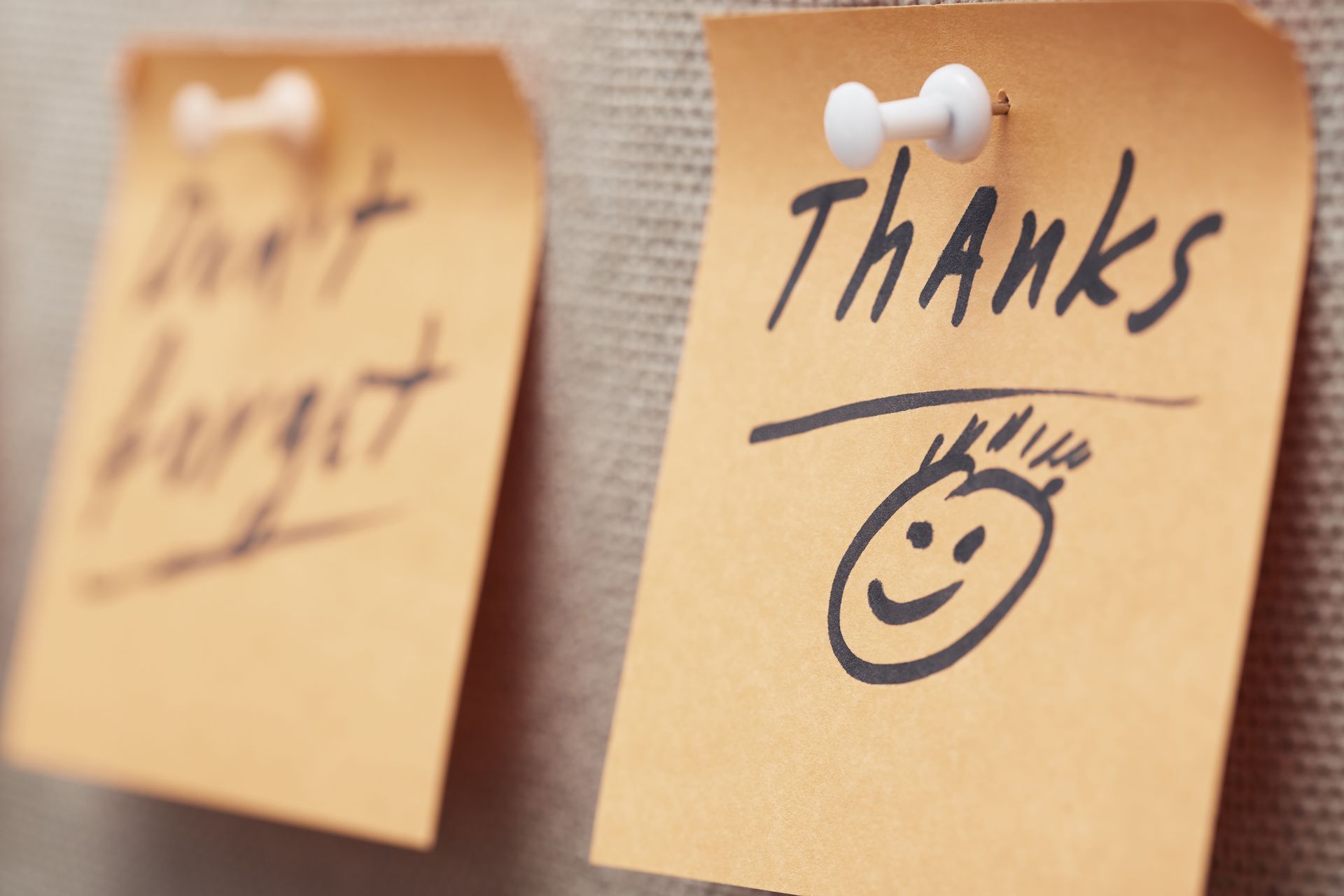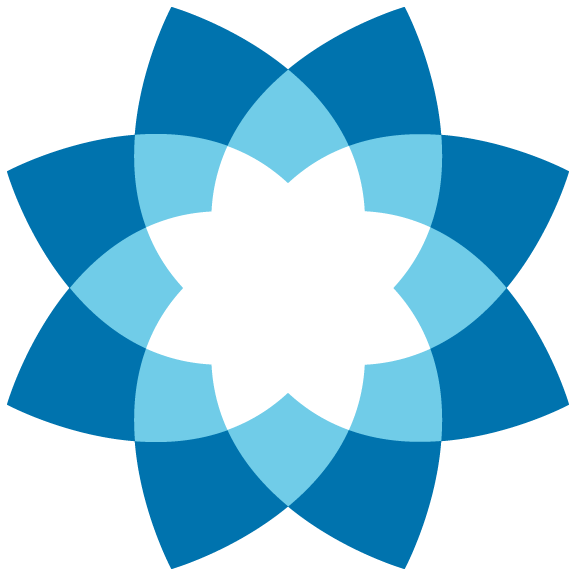Who To Write To?
As a general rule of thumb, it is best to share a Thank You note with each individual you interviewed with, from recruiter, to hiring manager, to potential colleague. If you did not receive contact info during the interview process, just reach out to your main point of contact (usually your recruiter or a hiring manager). More than likely, they can get you the proper contact information you are seeking. If you had a panel interview, it wouldn’t be a bad idea to send one email to the main interviewer and be sure to “CC'' all other panel members.
Timing Matters
Do not procrastinate! Be sure to send the thank you note as soon as possible.Write a thank you note within 24 hours of every interview. Though urgency is important, make sure that you do take the time to convey that this role is important to you. Sending a thank you note will show that you are willing to seriously take the time to communicate with the hiring team.
Length
Don’t feel pressured to send a five-paragraph essay. Your thank you note should be short and sweet. Do your best to cover what you need to say in just a few sentences.
Voice and Tone
Keep your thank you note as professional as possible. Avoid slang, typos, excessive exclamation points, emojis, etc. But, you don’t need to sound so formal that you come off as stiff. Opt for clear, concise language.
Email vs. Handwritten
We live in a digital world. E-mail is likely the best choice when sending a Thank You note to your interviewer. Most working professionals, including hiring managers, check their email daily, and expect to receive thank you notes via email.
Though handwritten thank you notes hold a professional charm, they are not the most time efficient method of showing gratitude. Why is this, you ask? Well, it’s likely you’ll need to go out and buy postage, then you’ll need to drive to a local post office, and from there, it can take days to deliver your note.
Exceptions for writing a handwritten note could occur if a) you’re close enough that you can simply drop off a handwritten letter, b) you’re applying to a very traditional or old-school organization and c) if you have a prior relationship with an interviewer (say, if they were your former coworker at a previous job).
You now have everything you need to get writing. Good luck! And, if you are still having writer’s block, reach out to our Community Workforce Manager at chinton@dawsoncareers.com for more Job Seeker tips.


